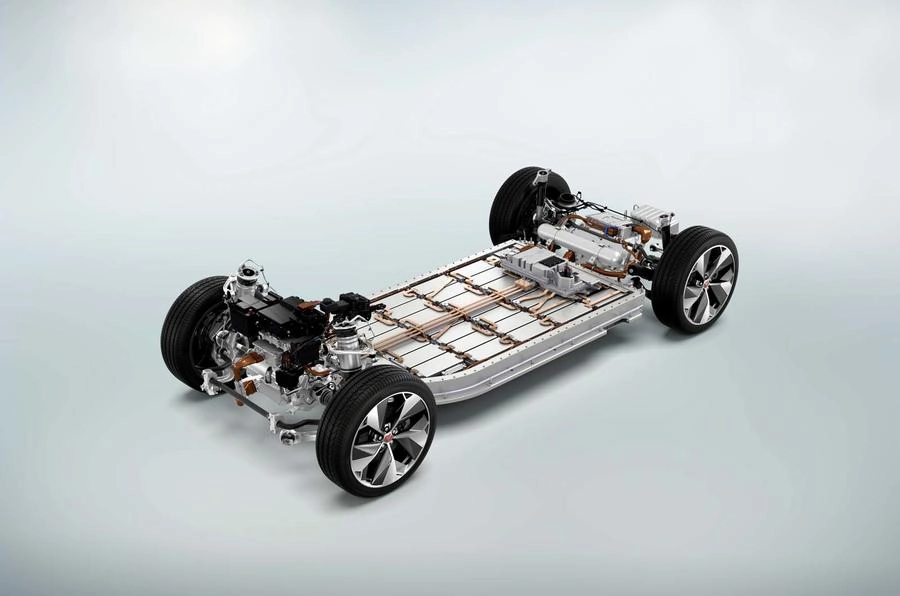The electric vehicle (EV) industry is buzzing with excitement over recent advancements in solid-state battery technology. This innovation promises to revolutionize the way we think about electric cars, offering significant improvements over traditional lithium-ion batteries. Here’s a look at what solid-state batteries are, the latest developments, and what this means for the future of electric transportation.

What Are Solid-State Batteries?
Solid-state batteries differ from conventional lithium-ion batteries by using a solid electrolyte instead of a liquid one. This change brings several key benefits:
- Higher Energy Density: Solid-state batteries can store more energy in the same amount of space, which translates to longer driving ranges for electric vehicles.
- Improved Safety: The solid electrolyte is less likely to catch fire or explode compared to liquid electrolytes, enhancing the overall safety of EVs.
- Faster Charging: These batteries can potentially offer much faster charging times, making EVs more convenient for everyday use.
- Faster Charging: These batteries can potentially offer much faster charging times, making EVs more convenient for everyday use.
- Longer Lifespan: Solid-state batteries are less prone to degradation, which means they can last longer than their lithium-ion counterparts.
Recent Developments in Solid-State Battery Technology
Several companies and research institutions are making significant strides in bringing solid-state batteries to market:
- QuantumScape: This California-based company has been at the forefront of solid-state battery development. They recently announced successful tests of their technology, showing substantial improvements in energy density and charging times.
- Toyota: Toyota plans to showcase a prototype solid-state battery-powered vehicle at the 2024 Summer Olympics. The company aims to have these batteries in mass production by the mid-2020s
- Samsung: Samsung researchers have developed a solid-state battery with a long cycle life and high energy density, highlighting the potential for consumer electronics and automotive applications.

What Solid-State Batteries Mean for the Future of Electric Cars
The adoption of solid-state batteries could bring about several transformative changes in the electric vehicle market:
- Extended Driving Range: With higher energy densities, EVs could travel much further on a single charge, reducing range anxiety and making them more appealing to a broader audience
- Enhanced Safety: The improved safety profile of solid-state batteries could lead to fewer incidents of battery fires, enhancing consumer confidence in electric vehicles.
- Reduced Charging Times: Faster charging capabilities would make electric cars more convenient for users, potentially rivaling the refueling times of gasoline vehicles.
- Lower Costs Over Time: As the technology matures and economies of scale kick in, the cost of solid-state batteries is expected to decrease, making electric vehicles more affordable.
- Environmental Benefits: Solid-state batteries are more environmentally friendly, as they use less harmful materials and offer better recyclability compared to lithium-ion batteries.
Challenges to Overcome
While the potential of solid-state batteries is immense, there are still challenges to address before they become mainstream:
- Manufacturing Complexity: Producing solid-state batteries at scale is currently more complex and expensive than manufacturing traditional batteries.
- Material Supply: Ensuring a steady supply of the materials needed for solid-state batteries, such as lithium and solid electrolytes, is crucial.
- Technological Hurdles: Overcoming technical challenges related to battery performance and longevity remains a key focus of ongoing research.
Conclusion
The advancements in solid-state battery technology mark a significant milestone in the evolution of electric vehicles. By offering longer ranges, improved safety, faster charging, and potentially lower costs, solid-state batteries could accelerate the adoption of electric cars and contribute to a more sustainable future. As companies continue to innovate and overcome the remaining challenges, we can expect to see solid-state batteries playing a pivotal role in the next generation of electric vehicles.